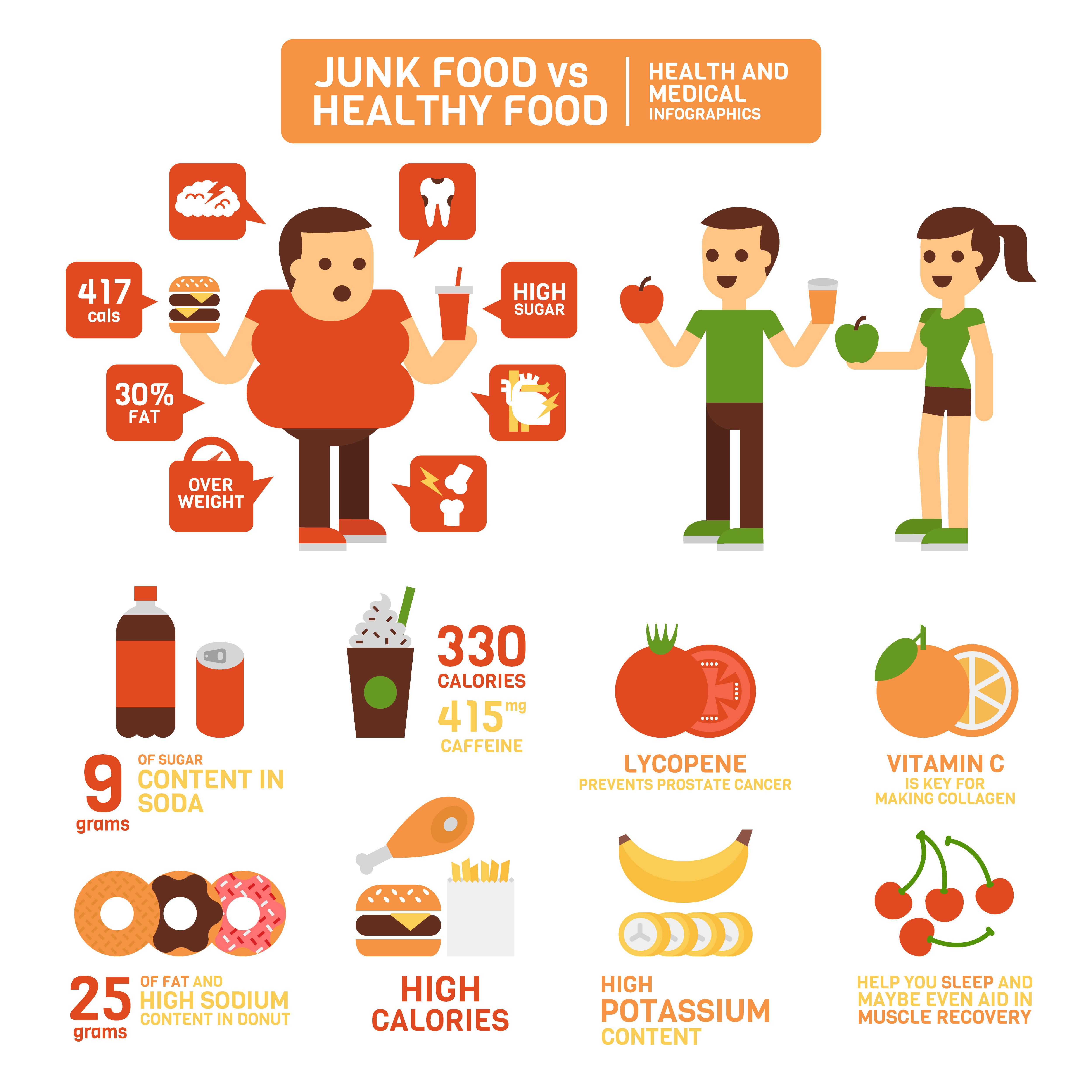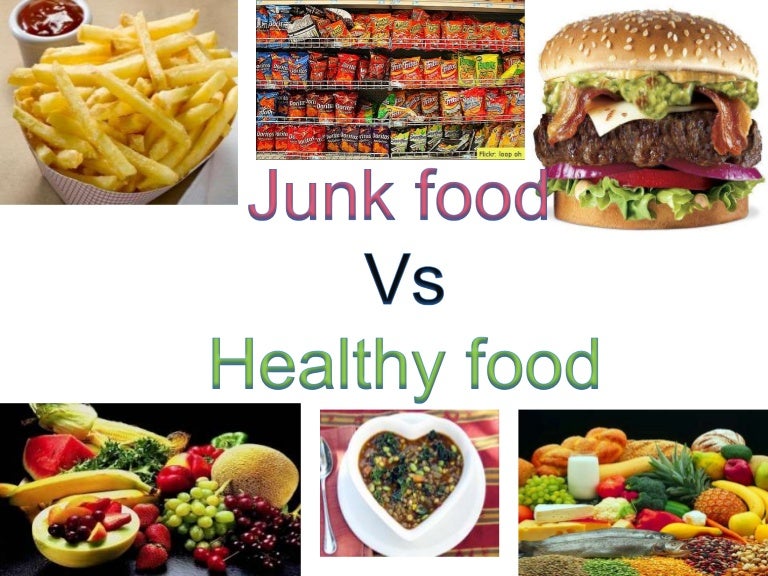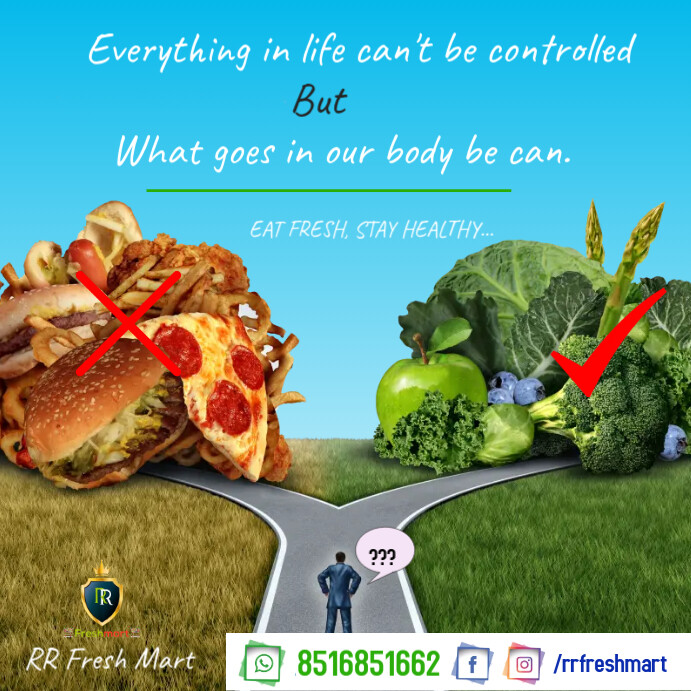Healthy Food And Junk Food Information

Healthy Food and Junk Food Information
Healthy Food Benefits
The importance of eating healthy food has been emphasized since the beginning of time. Healthy eating is also about being aware of what you eat, and understanding the effects it can have on your overall health and wellbeing. Eating healthy can provide a range of benefits, including helping to maintain a healthy weight, providing the necessary vitamins and minerals to help your body function properly, and reducing the risk of developing certain chronic diseases. Eating a balanced diet with a variety of nutrient-dense foods can also help to boost your energy levels, improve your mood and mental health, and support your immune system.
Types of Healthy Foods
When it comes to eating healthy, there are a variety of foods that you should include in your diet. Fruits and vegetables are essential components of a healthy diet, as they provide essential vitamins, minerals, fiber, and antioxidants. Whole grains, such as oats, quinoa, and brown rice, are also a great source of fiber and other important nutrients. Eating lean proteins, such as chicken, fish, and legumes, can provide your body with important amino acids and help to build and maintain muscle. Dairy products, including milk, cheese, and yogurt, are a great source of calcium and other important vitamins and minerals. Additionally, healthy fats, such as those found in nuts, avocados, and olive oil, are important for providing energy, aiding in absorption of certain vitamins, and building healthy cell membranes.
Risks of Eating Junk Food
Eating junk food on a regular basis can have a number of negative effects on your health. Because junk foods are typically high in calories, eating them can result in weight gain, as well as an increased risk of developing chronic diseases, such as heart disease and type 2 diabetes. Additionally, eating a diet high in processed and fast foods can lead to a deficiency of important vitamins and minerals, which can negatively affect your energy levels, mood, and overall health. Eating junk food can also lead to a higher risk of developing digestive issues, such as constipation and acid reflux.
Types of Junk Foods
Junk foods can include a variety of processed, fast, and sugary foods. Common examples include chips, candy, ice cream, soda, deep-fried foods, and pastries. While these foods may be tasty, they are typically high in calories and low in essential nutrients. Additionally, many of these foods contain added sugars and unhealthy fats, such as trans and saturated fats, which can increase your risk of developing certain chronic diseases. For this reason, it’s important to limit your consumption of these types of foods.
Tips for Eating Healthy
Eating a balanced diet is an important part of maintaining a healthy lifestyle. To ensure that you’re eating healthy, there are a few tips to keep in mind. First, be sure to include a variety of foods in your diet, including fruits and vegetables, whole grains, lean proteins, healthy fats, and dairy products. Additionally, it’s important to limit your consumption of processed, fast, and sugary foods, and to opt for healthier alternatives when possible. Lastly, be sure to stay hydrated by drinking plenty of water throughout the day.
Summary
Eating a balanced diet is important for maintaining good health and wellbeing. Fruits and vegetables, whole grains, lean proteins, dairy products, and healthy fats are all essential components of a healthy diet. Additionally, it’s important to limit your consumption of processed, fast, and sugary foods. By following these tips, you can ensure that you’re getting the necessary vitamins, minerals, and other essential nutrients that your body needs to stay healthy.
Healthy And Junk Food Infographic Stock Vector Art & More Images of

Healthy Food vs Junk Food Infographics

Junk Food V/S Healthy Food!

healthy vs junk food Template | PosterMyWall

Healthy Food Vs Junk Food Challenge #Healthyfood #junkfood #

Healthy Food vs Junk Food - Cheat Day Design

Healthy Food Train Poster Posters at AllPosters.com | Food facts
